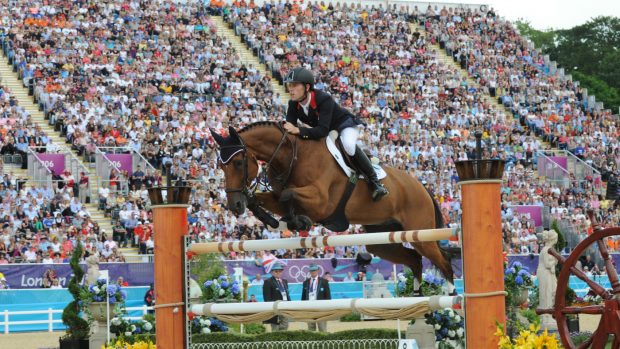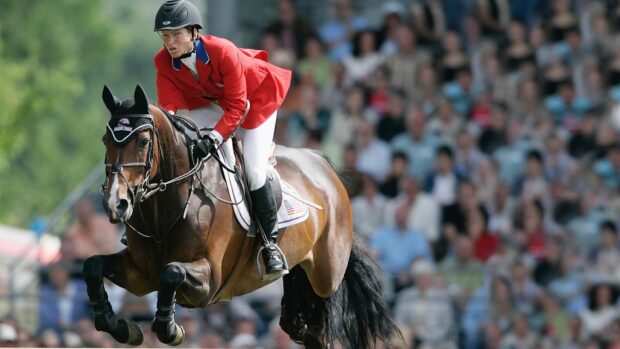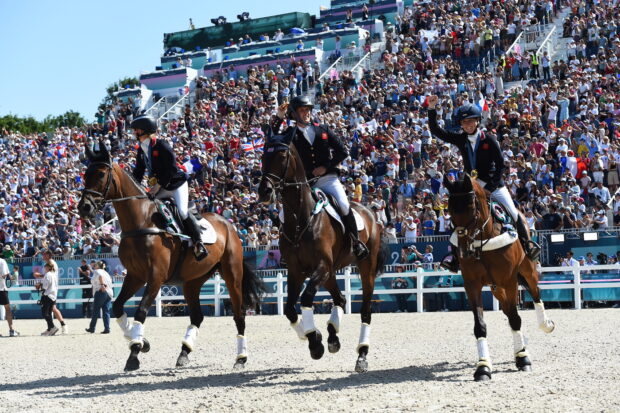Hong Kong Olympic officials are confident the Olympic and Paralympic equestrian events of the Bejing Olympics (August – October 2008) will run smoothly, with strict import arrangement announced to ensure equine health is maintained throughout the Games.
The equestrian events are being held in Hong Kong rather than Bejing due to concerns that China could not ensure a disease-free zone. Equine stars from across the world will travel to Hong Kong to contest the Olympic medals. Yesterday Hong Kong’s government announced that horses taking part must be quarantined for 17 days, as well as undergoing blood tests and vaccinations.
Speaking at a press conference, the Secretary for Health, Welfare and Food, Dr York Chow said: “Hong Kong has an overall advantage in organising the events given its extensive experience in horse racing, its status in equine health and its world renowned regulatory framework for equine diseases, which is well understood by the international community.”
According to Dr Chow, more than 200 horses will be imported for the Olympic events, with up to 80 horses taking part in the Paralympic competitions. A trial will be held next year, where 10 horses will be imported to test-run the quarantine and inspection arrangements.
Dr Chow explained that Hong Kong’s animal health authority (AFCD) will be responsible for the inspection and quarantine of horses participating in the events. The AFCD has been consulting with the World Organisation for Animal Health (OIE), the FEI, the Beijing Organising Committee for the Games (BOCOG) and the Hong Kong Jockey Club to device the import procedures.
“According to the arrangements, horses for the events will be imported from various countries via quarantine stables located around several designated transportation hubs,” said AFCD director Stella Kung. “Imported horses will be required to undergo a period of seven days pre-export quarantine in overseas quarantine stables and 10 days of post-arrival isolation in Hong Kong”. Horses will be monitored in isolation stables at Sha Tin and Beas River upon arrival in Hong Kong.
Kung explained that the quarantine, tests and vaccinations are designed to ensure no exotic diseases are introduced to Hong Kong’s equine population by foreign horses.
“These imported horses shall be accompanied by health certificates issued by the veterinary authority of the exporting places. The horses should show no clinical signs of disease, undergo blood tests and vaccinations, including those against flu and Japanese encephalitis. Afterwards the veterinary authority of the exporting places can issue health certificates for each horse.
“AFCD will issue special permits for the importation of these equestrian horses. Applications for the permits will be processed six month prior to the events,” she explained. “We will review the arrangements to take into account prevailing equine disease conditions in other countries and places and introduce relevant arrangements when necessary.”
Dr Chow added that in the event of a bird flu outbreak, equestrian events being held in Hong Kong as part of the 2008 Summer Olympic Games could be cancelled. But he was quick to point out that so far there is no evidence that horses could contract the bird flu virus.


